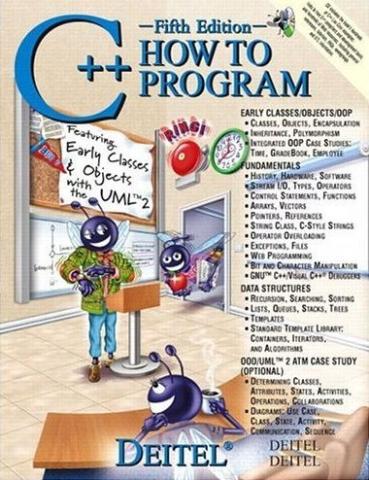Background
What is SEO? It is short for “Search engine optimization”. It’s the process of improving the volume or quality of traffic to a web site from search engines via “natural” (“organic” or “algorithmic”) search results.
Typically, the earlier a site appears in the search results list, the more visitors it will receive from the search engine. As I place Google Ads in my site, of course I wish it appear earlier from Google’s search results. Changing Blogspot posts’ titles is a trick to achieve this.
Blogspot Title
The default title of Blogspot post title is “Blog name” followed by “Post name”. As the search engines crawl the pages from left to right, and our keywords of our posts are usually the post names, the rankings of our blogs will decrease with the default settings. My post “墙东柳: 展喜犒师” appeared in the FIFTH page of Google search results. OMG!!
What to do?
Before modifying the title:
After modifying the title:
How to do?
From your blog Dashboard > Click on "Layout"> Click on "Edit HTML">, and find the following code:
<title><data:blog.pageTitle/></title>
and replace it with this code:
<b:if cond='data:blog.pageType == "item"'>
<title><data:blog.pageName/> - <data:blog.title/></title>
<b:else/>
<title><data:blog.pageTitle/></title>
</b:if>
You are done! And now your post titles will be like this:
“Post name” - “Blog name”




